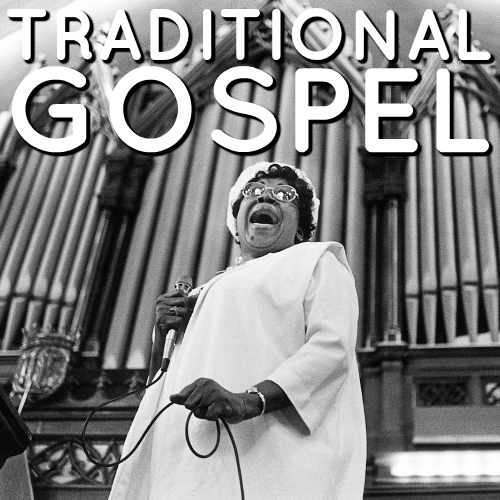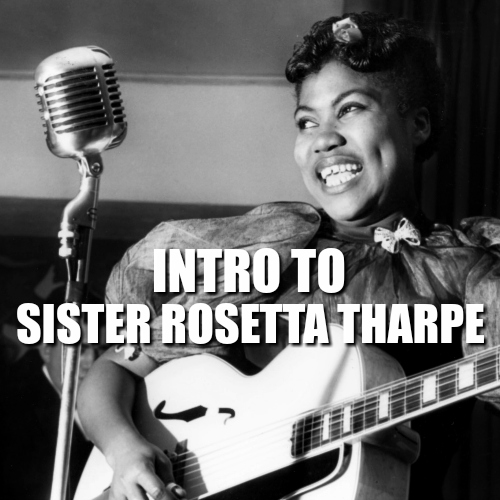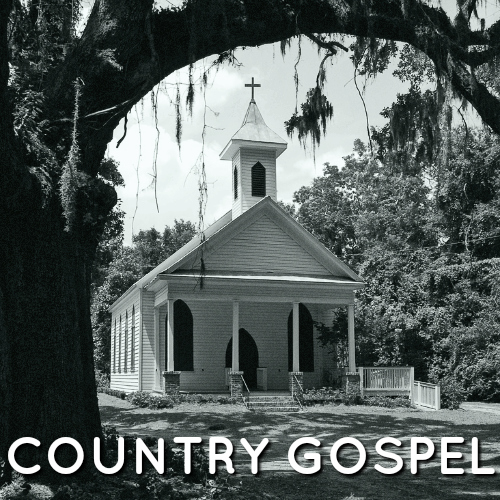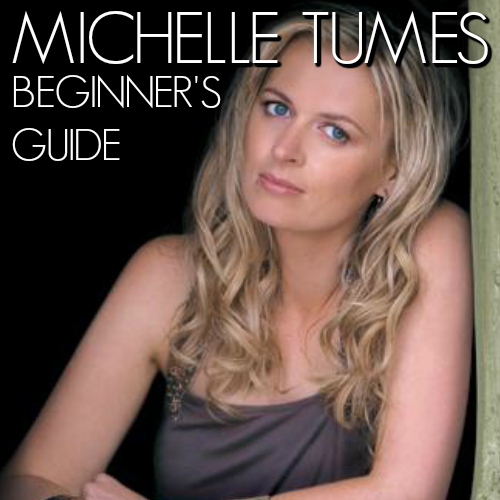
Gospel music is written to convey belief in the teachings of Jesus Christ and express commitment to the Christian faith. Common concepts are praise and worship, often sung in a group setting, as well as personal repentance and confessions of struggle. The roots of gospel emerge from slavery, when Africans enslaved and brought to the United States learned about and then converted to Christianity. Many indigenous African cultures relied on information preservation through oral distribution rather than the written word, and since slaveholders prevented those enslaved from receiving education, this oral tradition continued in America. Because most slaves could not read, gospel songs were crafted to be highly repetitive, which allowed for quicker memorization and therefore easier access to worship.
Today, gospel music has splintered into a small assortment of subgenres, embracing a variety of influences and styles. While gospel was originally performed a cappella with an audience-provided rhythm section of hand claps and foot stomps, church choirs were introduced after emanicaption. Today, organ and piano accompaniment is all but expected with traditional gospel music. Futhermore, Christian music has adapted to popular styles of the time, from country to R&B to electronic instrumentation with modern pop arrangements.
|

Originating in the early 20th century, traditional gospel has its roots in spirituals and blues. Emphasis is typically placed on the vocalists, with the star soloist commonly backed by a large choir and further support offered from only a piano, organ or hand claps. |


 |


 |
|




 |

A combination of spirituals mixed with Appalachian folk music, country gospel relies on a similar template to contemporary country music except with a focus on religious rather than secular matters. Common features include close harmony and instruments such as acoustic guitar, banjo, fiddle and harmonica. |


 |


 |
|




 |

Contemporary Christian music (commonly shortened to CCM) formed in the 1960s out of a desire for songs with a more polished, modern sound rather than the traditional hymns and gospel that could be heard in church at the time. CCM songs tend to have a slick pop/rock production crafted for radio play. |


 |


 |


 |









